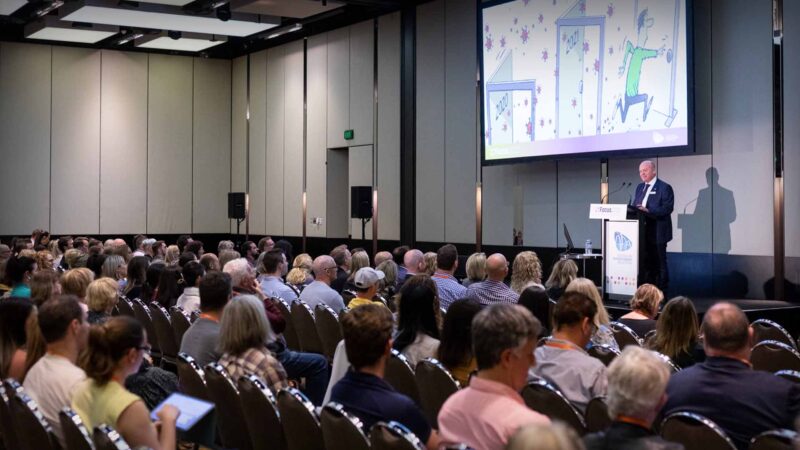Indigenous physio leadership
On the eve of NAIDOC week 2023, Australian Health Journal met with Scott Willis, the National President of the Australian Physiotherapy Association, a proud Palawa man and the first Indigenous President of the Australian health peak body.
World first in rural and remote nursing
In March 2023, the Australian Government released the National Rural and Remote Nursing Generalist Framework 2023–2027. The Framework is a world first and describes the unique context of practice and core capabilities for rural and remote Registered Nurses in Australia.
The Framework was developed by the Office of the National Rural Health Commissioner and Australian Health Journal spoke with National Rural Health Commissioner, Adjunct Professor Ruth Stewart, and Deputy National Rural Health Commissioner – Nursing and Midwifery, Adjunct Professor Shelley Nowlan, on the importance of rural and remote nursing and of the Framework itself.
Enhancing occupational therapy service provision with military veterans
Almost half a million Australians have served with the Australian Defence Force. Given the high prevalence of physical and mental health conditions and complexity of civilian life adjustment after military service, high-quality occupational therapy services are critical. However, there is limited description of occupational therapy service provision to individuals funded by the Australian Department of Veterans’ Affairs to inform government policy.
A cross-sectional study, led by Professor Carol McKinstry, Professor of Occupational Therapy and Deputy Dean with La Trobe University’s Rural Health School at the Bendigo campus has used an online survey to collect information from occupational therapists providing services to Department of Veterans’ Affairs clients.
Surgical Site Infection (SSI) Synopsis, including modifiable and non-modifiable risk factors
Talking to the Australian Health Journal, Professor Russo states there is a particular concern in joint operations, such as hip or knee replacements, as infections in these areas can have severe consequences, including the removal of the infected joint, prolonged treatment, and significant costs for both hospitals and patients. Despite the substantial impact of surgical site infections, Australia lacks a national surveillance program for these infections, making it challenging to obtain accurate data. However, an estimate suggests that around 45,000 surgical site infections occur annually in Australia, resulting in approximately 900 deaths.
National Cancer Plan activates Australian Comprehensive Cancer Network
The landscape of cancer care in Australia is set to transform with the Australian Government launch in May 2024 of the Australian Comprehensive Cancer Network (ACCN) at the Innovations Showcase event, hosted by Cancer Australia in Sydney, Australia.
The ACCN is a nationally integrated system of cancer care, aimed at enhancing patient experiences and outcomes through coordinated and equitable access, by linking to comprehensive cancer services across Australia. Anchored by Comprehensive Cancer Centres (CCCs), the ACCN strives to deliver evidence-driven prevention, diagnosis, treatment, and support to all Australians affected by cancer.
Elevating Professional Standards in the Medtech and Pharmaceutical Sector
ARCS Australia Ltd, the peak body representing professionals in the MedTech and Pharmaceutical sector, this week announced a series of significant changes at its annual conference.
Dr Tim Boyle, CEO of ARCS Australia Ltd speaking to Australian Health Journal says, “These initiatives are central to strategy to build professionalism within the sector, increase capability and enhance the professional standing of its members.”






